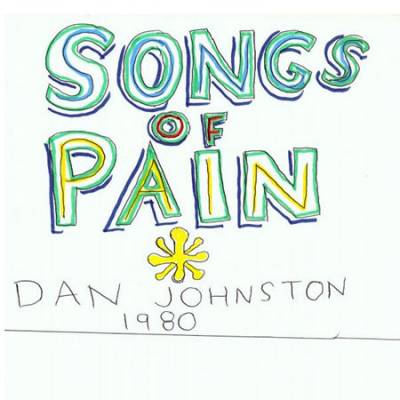
The program's contents consisted entirely of contributions solicited via mail and ran during a thirty-minute prime time evening slot every Friday.

Script error: No such module "Footnotes". It is generally suggested that the term was popularized through William Berger's weekly half-hour radio show on the New Jersey-based independent radio station WFMU, titled Low-Fi, which lasted from 1986 to 1987.

The identity of the party or parties who popularized the use of "lo-fi" cannot be determined definitively. as a deliberate aesthetic choice." Script error: No such module "Footnotes". A third was added in 2008: "unpolished, amateurish, or technologically unsophisticated, esp. Consequently, in 2003, the Oxford Dictionary added a second definition for the term-"a genre of rock music characterized by minimal production, giving a raw and unsophisticated sound". By the end of the 1980s, qualities such as "home-recorded", "technically primitive", and "inexpensive equipment" were commonly associated with the "lo-fi" label, and throughout the 1990s, such ideas became central to how "lo-fi" was popularly understood. Afterward, "DIY" was often used interchangeably with "lo-fi". There was virtually no appreciation for the imperfections of lo-fi music among critics until the 1980s, during which there was an emergent romanticism for home-recording and " do-it-yourself" (DIY) qualities. Murray Schafer, in the glossary for his 1977 book The Tuning of the World, defined the term as "unfavourable signal-to-noise ratio." Script error: No such module "Footnotes". In the 1976 edition of the Oxford English Dictionary, lo-fi was added under the definition of "sound production less good in quality than 'hi-fi'". Usually spelled as "low-fi" before the 1990s, the term has existed since at least the 1950s, shortly after the acceptance of "high fidelity", and its definition evolved continuously between the 1970s and 2000s.


Historically, the prescriptions of "lo-fi" have been relative to technological advances and the expectations of ordinary music listeners, causing the rhetoric and discourse surrounding the term to shift numerous times. Script error: No such module "Check for unknown parameters". Adam Harper, Lo-Fi Aesthetics in Popular Music Discourse (2014) Script error: No such module "Footnotes". Expression error: Unexpected Īt its most crudely sketched, lo-fi was primitivist and realist in the 1980s, postmodern in the 1990s, and archaicist in the 2000s. ] Script error: No such module "Check for unknown parameters". Music aesthetic Template:SHORTDESC:Music aesthetic


 0 kommentar(er)
0 kommentar(er)
